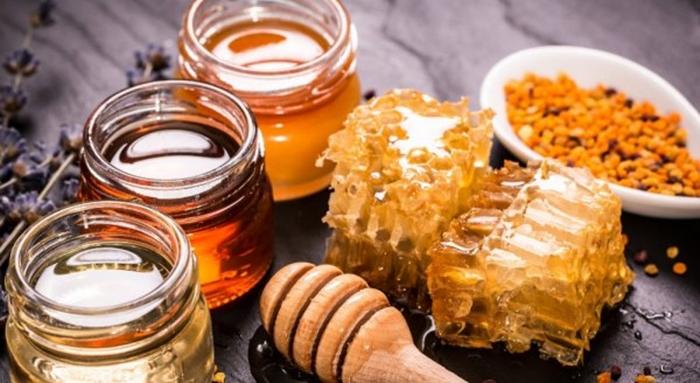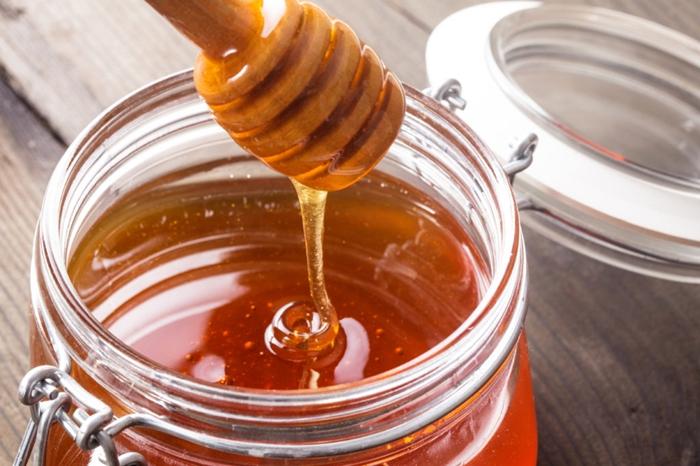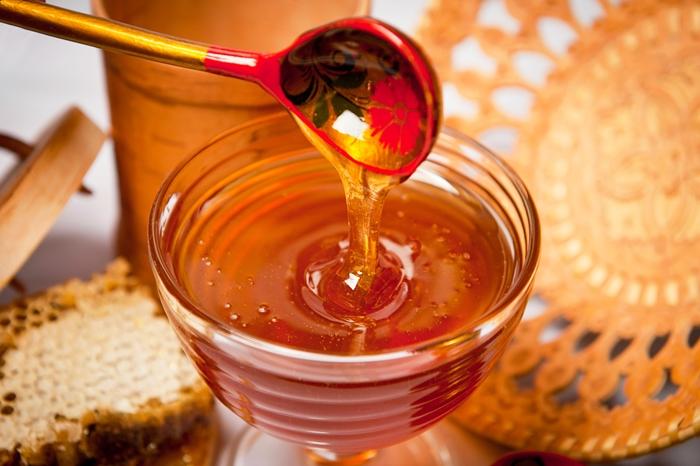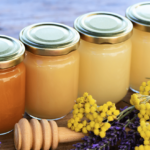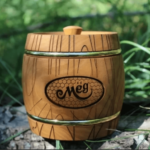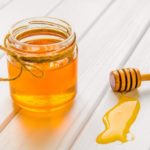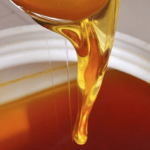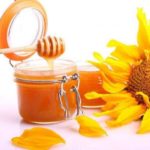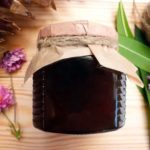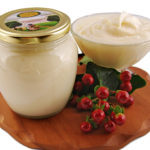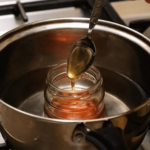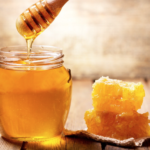Most varieties of honey are characterized by a sweet taste and a specific floral aroma. Some varieties have astringency or sourness. Sweetness also differs in its structure or color. Occasionally there is a beekeeping product with a bitter aftertaste. Why bee honey is bitter, and whether it can be eaten, we will look into the details further.
Why is honey bitter?
If a sweet tastes a little bitter, it doesn't always mean it's spoiled.
A beekeeping product acquires a bitter taste for several reasons.
- Violation of pumping and further storage rules. In this case, foreign impurities and bacteria enter the sweetness, causing fermentation.
- Nectar is collected from plants that are characterized by natural astringency. The coniferous variety contains a large amount of resins, which give the delicacy unusual qualities. The chestnut bouquet has bitter-sweet notes. There are other varieties of honey plants with uncharacteristic nectar.
- An unpleasant rancid odor appears in the delicacy as a result of improper heat treatment when melting the candied sweetness. Dissolve the treat in a water bath at a temperature of no more than 40 degrees. Unscrupulous beekeepers often violate dissolution technology, as a result of which the product loses its nutritional and healing properties.
- To prevent the liquid, only pumped out natural gift from becoming candied, beekeepers add chemicals and foreign impurities to it. In this case, a healthy and tasty product becomes bitter. The chemical composition of such delicacies changes, and in some cases can cause harm to the human body.
There is another important reason when sweetness becomes bitter and has an unpleasant aroma. Bees collect nectar and pollen from various honey plants. But poisonous representatives of the flora can also be honey plants. From such a natural gift comes a drunken, poisonous sweetness. The product causes serious poisoning and pain in the digestive organs.
Important! Experienced beekeepers carefully check the surrounding areas for the presence of poisonous plants before releasing insects.
Varieties of honey that are characterized by bitterness
There are varieties of flowers that are characterized by natural bitterness.In this case, foreign impurities in the delicacy appear due to essential substances contained in honey plants.
- Dandelion bee gift is characterized by many beneficial and medicinal properties. But this product tastes bitter and is rarely used as a favorite treat.
- Heather nectar is also characterized by a bitter taste, so it is used exclusively for preventive and medicinal purposes.
- A very rare and aromatic chestnut bee product, it is also characterized by a tart taste. Such nectar is a storehouse of vitamins, nutrients and nutrients.
Bitterness and astringency are characteristic of cornflowers or rapeseed. But in coniferous or green healing gifts, bitterness is caused by resins collected by insects to make bee glue.
Important! An uncharacteristic taste and smell may appear in honey after mixing different types of flower nectar.
When should honey not taste bitter?
Natural bitterness is due to specific honey plants. But there are cases when a beekeeping product acquires an artificial unpleasant taste and aroma.
If stored improperly, the delicacy begins to ferment, which causes a bitter aftertaste. This honey is subjected to heat treatment and is easily consumed.
The wrong taste appears in nectar that is stored at elevated temperatures or melted in violation of the rules.
In other cases, the gift of beekeeping should not have a bitter taste or uncharacteristic aroma.

